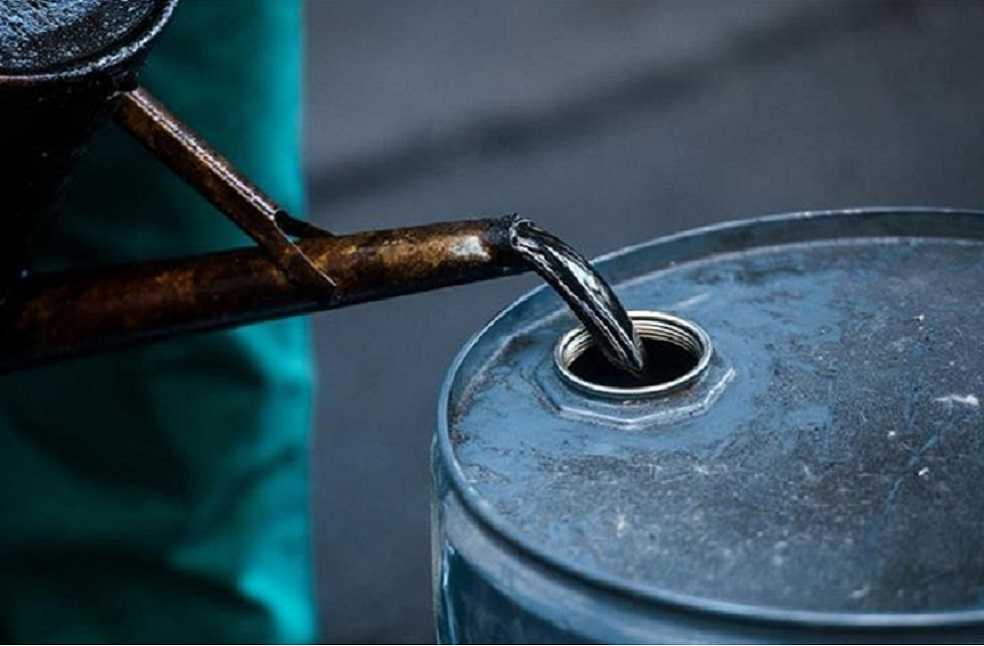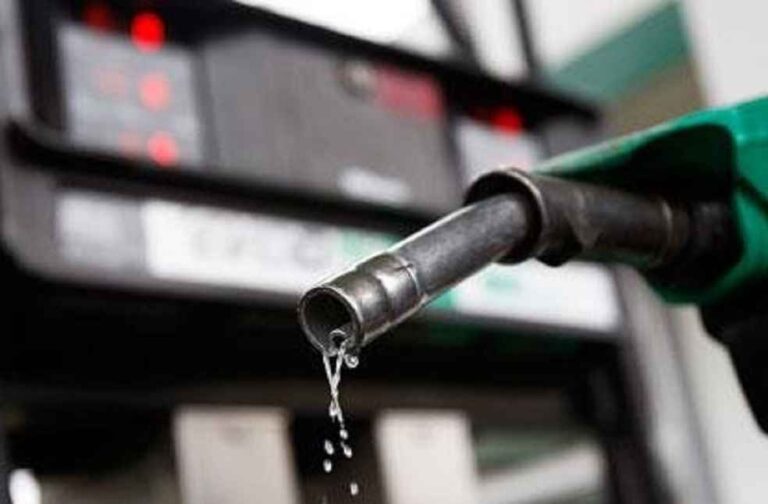The Indian government has removed the windfall tax on domestically produced crude oil and fuel exports including petrol, diesel, and aviation turbine fuel, effective immediately. This decision was prompted by a substantial drop in international oil prices and industry appeals for tax relief. Introduced in July 2022, the tax aimed to capture extra profits from private refiners who were favoring exports over domestic supply due to higher overseas demand.
The Department of Revenue officially canceled the notifications levying the windfall tax, effective immediately, to serve the public interest. The decision was made after industry representatives argued that the sustained low oil prices, which have been below $80 per barrel since August 2024 and are currently around $72 per barrel, no longer justified the extra charges.

This tax was introduced when oil prices were significantly higher, with Brent crude prices ranging between $110-120 a barrel. The tax aimed to curb the excessive profits that refiners were making by exporting rather than meeting domestic fuel needs.
Recent merchandise trade data reflects the impact of these lower oil prices on India’s economy. The average revenue per tonne of petroleum product exports drastically fell to $312.50 in the first half of the fiscal year 2024-25, down from around $792 a tonne during the same period last year. Despite a 121% increase in the volume of petroleum exports, the overall value dropped by over 12.7% to $36.4 billion from $41.7 billion year-over-year.

Additionally, the government has also eliminated the road and infrastructure cess (RIC) on the export of petrol and diesel, which was previously set at ₹6 per litre for petrol and aviation turbine fuel, and ₹13 per litre for diesel. The levy on domestically produced crude was initially ₹23,250 per tonne. These rates were subject to biweekly reviews based on international benchmarks.
Since September 2024, no windfall taxes have been applied, reflecting the adjustments to the global oil market and economic considerations. The removal of these taxes is expected to adjust the export dynamics of petroleum products and potentially enhance the profitability of domestic oil refiners amid fluctuating global oil prices.
LOGISTICS INDUSTRY | China-Europe Rail Marks 100,000th Trip, Bolsters Trade and Economic Integration



